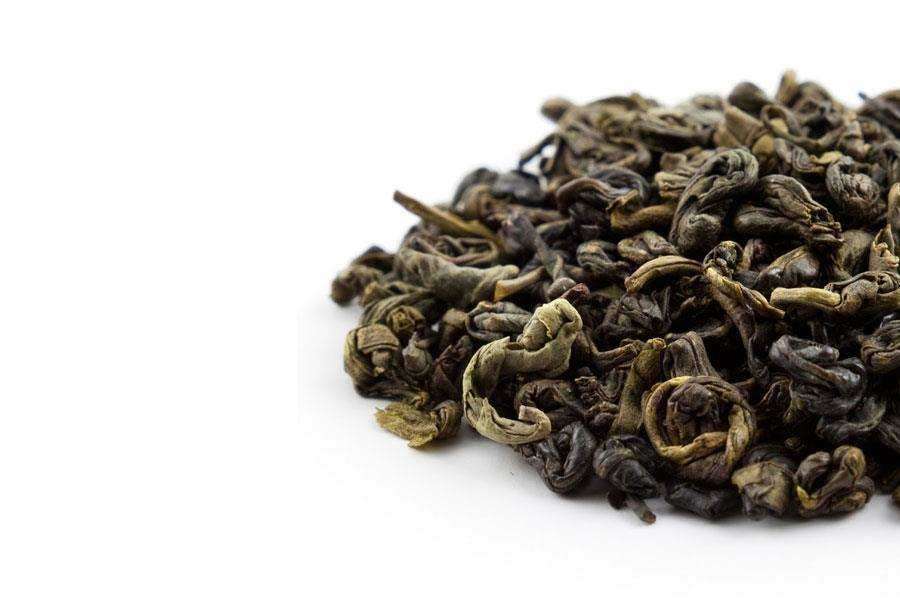
The benefits of green tea
Green tea was discovered and introduced into the human diet by the Chinese. Its use dates back to the year 2737 BC, something that is known thanks to the first documented references to its healthy properties. Since then, green tea has been widely used for medicinal purposes, both for mental and physical well-being.
This type of tea is obtained from fresh leaves of the Camellia sinensis plant. Its main difference with black tea is that its leaves are not subjected to oxidation during their processing. There are numerous varieties of green tea , which differ in growing conditions, harvesting periods and processing methods.
Among the substances contained in this type of tea are mainly polyphenols and caffeine. Specifically, polyphenols would be responsible for the ''Asian paradox'', which refers to the reduced rates of cardiovascular diseases and the low incidences of cancer among the population of Asia, despite the high rates of certain unhealthy habits. , such as smoking. Thus, it is believed that the polyphenols and other antioxidants obtained through the consumption of green tea manage to counteract the harmful effects of these bad habits and, in addition, place the incidence of these pathologies below the average of other countries.
Therefore, green tea consumption has been associated with better cardiovascular health . In fact, a meta-analysis of various observational studies carried out in 2015 suggests that drinking a cup of green tea a day reduces the risk of death from cardiovascular disease by 5%.
On the other hand, green tea does not contain a single gram of fat or carbohydrates , while it does provide small amounts of vegetable proteins . In addition, its consumption also provides vitamin B2 or riboflavin, and very small amounts of vitamin B3 or niacin. It also has various minerals among its components, such as iron, magnesium, manganese, potassium and some sodium.
Finally, it should be noted that green tea has significant amounts of L-theanine , an amino acid and glutamic acid analogue with psychoactive properties. Specifically, it is a cognitive enhancer, which promotes alertness and improves the ability to concentrate and learn, as well as memory. Therefore, green tea is an ideal substitute for coffee, being much healthier and providing very comparable effects. In addition, L-theanine stimulates neurogenesis and delays cognitive decline, so consumption of green tea could help prevent the appearance of degenerative neurological diseases associated with aging.

